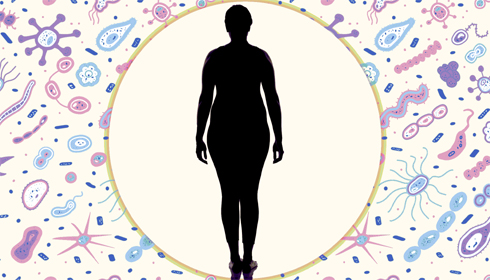
Texas scientists develop a humanised mouse model that can revolutionise immunology research
Researchers at the University of Texas Health Science Centre in San Antonio have made a significant contribution to biomedical science by developing a mouse model with a completely functional human immune system. TruHuX mice, or THX mice, are a groundbreaking innovation with the potential to fundamentally change immunotherapy and disease models.
The team, headed by Dr. Paolo Casali, an well known expert in immunology and molecular genetics, sought to surpass the constraints of existing animal models by creating mice that possess fully operational human immune systems. Traditional mice, while useful for study, have significantly different immune responses than humans due to genetic variances.
Casali's team completed this goal by injecting human stem cells derived from umbilical cord blood into immunodeficient NSG W41 mutant mice. The team hormonally conditioned the mice with oestrogen after allowing the stem cells to establish themselves. Previous studies revealing the effect of oestrogen on the survival of human stem cells and immune cell activity guided this step, critical to the development of a powerful human immune system in mice.
The THX mice that were generated contain critical components of the human immune system, including lymph nodes, the thymus, and a variety of human immune cells, including T and B lymphocytes. Notably, these mice can manufacture specific antibodies against infections and even demonstrate autoimmune reactions comparable to those observed in humans.
Dr. Casali emphasised the potential of THX mice to improve immunotherapy, accelerate vaccination research, and improve disease models. These mice have previously demonstrated fully developed immune responses to infections such as Salmonella and the SARS-CoV-2 virus, indicating that they are suitable for vaccine testing and research into diseases such as COVID-19 and autoimmune disorders.
"This significant development creates fresh opportunities for biomedical research that prioritises human subjects," Casali told reporters. He believes that THX mice will replace non-human primates in a variety of immunological and microbiological research disciplines. This swap would provide a more morally acceptable and scientifically precise approach to studying human ailments and developing cures.
The development of THX mice not only represents a huge step forward in scientific knowledge, but it also highlights the possibility of hormone-based techniques for improving humanised animal models for biological study. As research advances, we hope that this idea will have a broad influence in a variety of fields, ranging from understanding immune system dynamics to speeding up cancer and infectious disease therapies.
Essentially, the discovery of THX mice is a significant milestone in immunology, paving the way for more precise and effective healthcare and disease prevention methods.